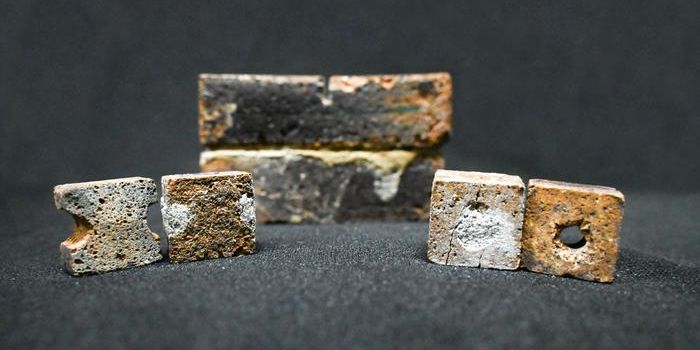Radiation in Medical Scans: Facts and Numbers
Do you ever feel nervous when your doctor prescribes you a medical scan? Do you worry about the radiation that you are going to get from the procedure? The type of radiation that can make you (and pretty much everyone else) concerned is called ionizing radiation – it consists of particles, X-rays, or gamma rays that cause ionization in the medium (in this case a part of or the entire human body) through which it passes. While MRI (magnetic resonance imaging) and ultrasound tests are radiation-free, X-ray scasn and CT (computed tomography) use ionizing radiation. Other nuclear medicine procedures such as SPECT (single photon emission computed tomography) and PET (positron emission tomography) rely on the high energy photons emitted from radioactive tracers inside human body to create scan images.
Now that you know what type of scan gives out radiation, the next question is how much from what procedure? To make things a little easier to understand, let us use the background radiation we are exposed to everyday for comparison. Natural background radiation comes from cosmic rays, radon gas in the basement, a radioactive form of potassium in bananas (they do not glow in the dark I promise), radium from the kitchen countertop and many other naturally existing radioactive elements. While an oral X-ray at your dentist office gives only 1 days worth of background radiation, an X-ray scan for a broken spine is equal to 6 months of background. Mammograms typically give 7 weeks of background. CTA (coronary computed tomography angiography) prescribed by a cardiologists gives 4 years worth of background, which for sure is a significant amount of radiation. But damage to your tissues will only happen when you get 83 times that amount of radiation within one single exposure. After all when your doctor prescribes a scan, it will not be for fun. The radiation from the scan is an essential part of diagnosis, which should always outweigh the risk of exposure. Nonetheless, it does no harm to know more about the scan and discuss with your doctor about your concerns.
Radiation dose to adults in typical medical scans. Credit: RadiologyInfo.org
Video Link Credit: Nuffield Health (UK)









